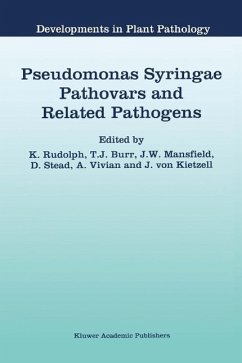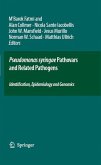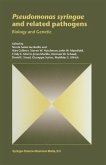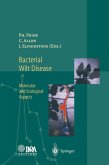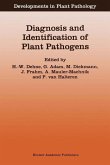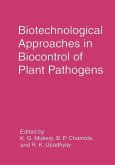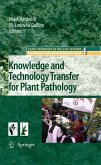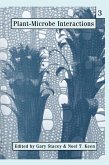During the last decade, research on
Pseudomonas syringae pathovars and related pathogens has progressed rapidly, opening up many new avenues. The application of molecular genetics has provided new insights into determinants of pathogenicity and virulence. Progress has also been made in elucidating the chemical structures and modes of action of phytotoxins from
Pseudomonas syringae; by establishing novel strategies for disease control; in biotechnological applications; by studying the resistant reaction of the plant with a combined biochemical and genetic approach; and in the development of new detection and identification methodologies as tools in epidemiological studies. With such rapid advances it becomes more and more difficult to keep abreast of the developments and concepts within disciplines, all involving research on pathovars of
P. syringae. In an attempt to provide a balanced overview, recent developments in these rapidly expanding fields have been critically reviewed at the beginning of each chapter by internationally renowned experts. Our comprehensive coverage has been made possible because all the contributors to this volume presented their latest findings at the `5th International Conference on
Pseudomonas syringae Pathovars and Related Pathogens' in Berlin, September 3-8, 1995. In this way, it was possible to bring together contributions from a wide range of fields including phytopathology, genetics, bacteriology, plant breeding, plant protection, and taxonomy. This book is not intended simply as a record of the proceedings of the Berlin Conference, but as an extension of recent findings and hypotheses put forward at the meeting. All papers published in this volume have been reviewed by the Editors.
Dieser Download kann aus rechtlichen Gründen nur mit Rechnungsadresse in A, B, BG, CY, CZ, D, DK, EW, E, FIN, F, GR, HR, H, IRL, I, LT, L, LR, M, NL, PL, P, R, S, SLO, SK ausgeliefert werden.

